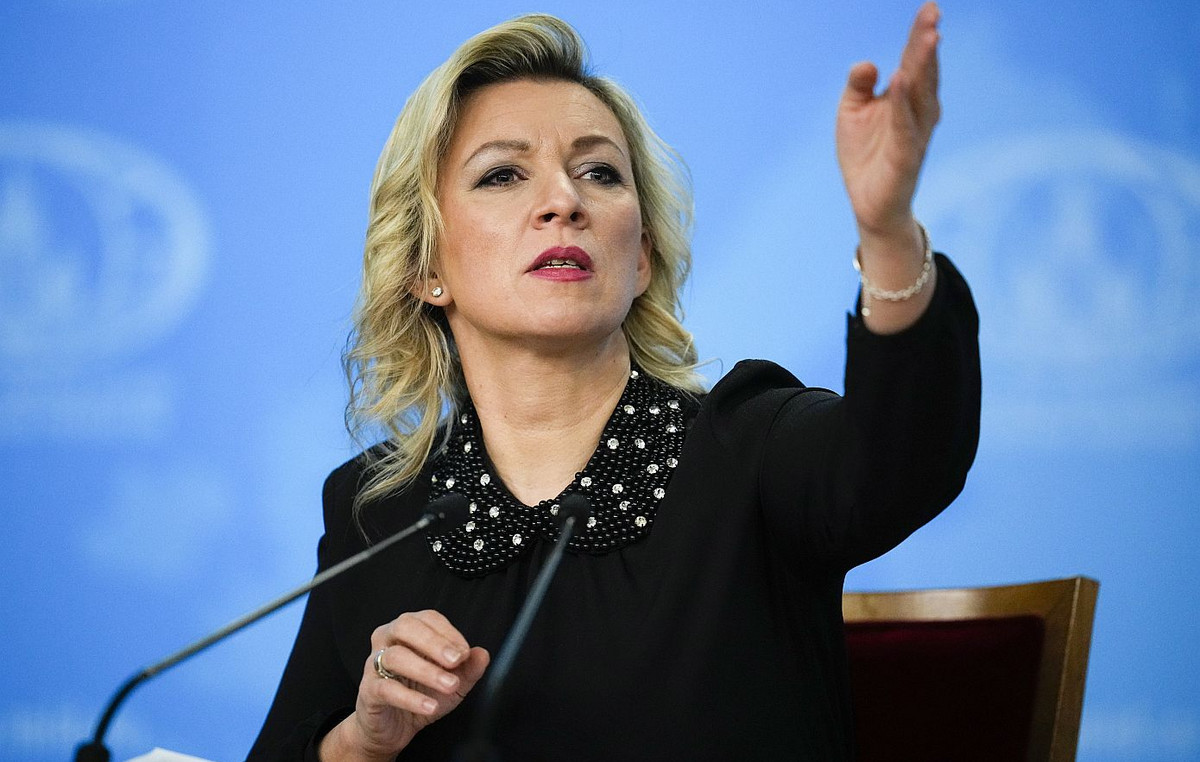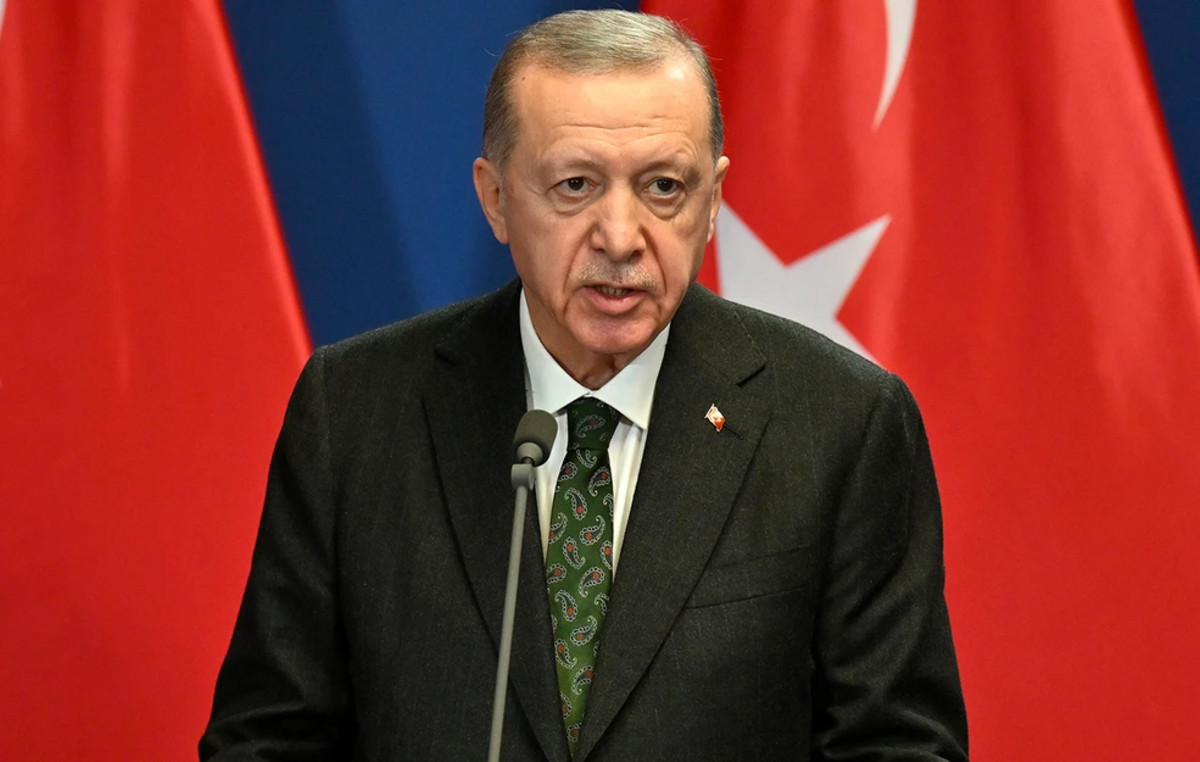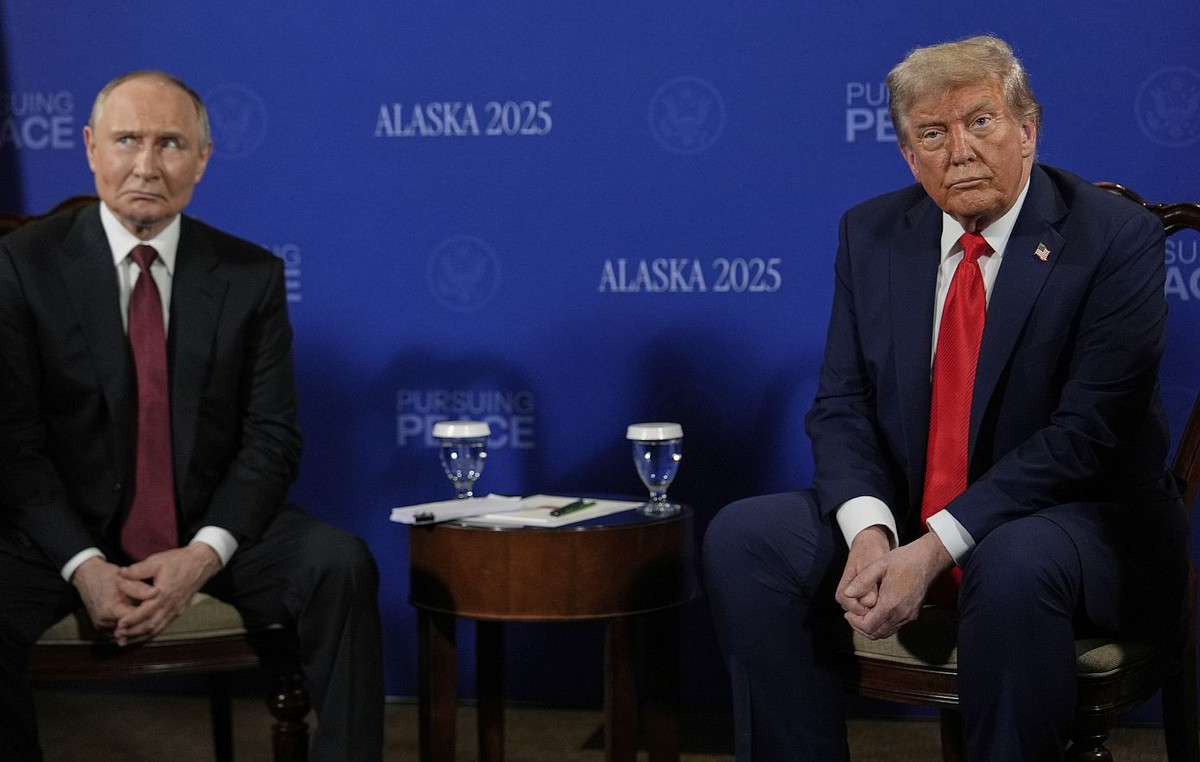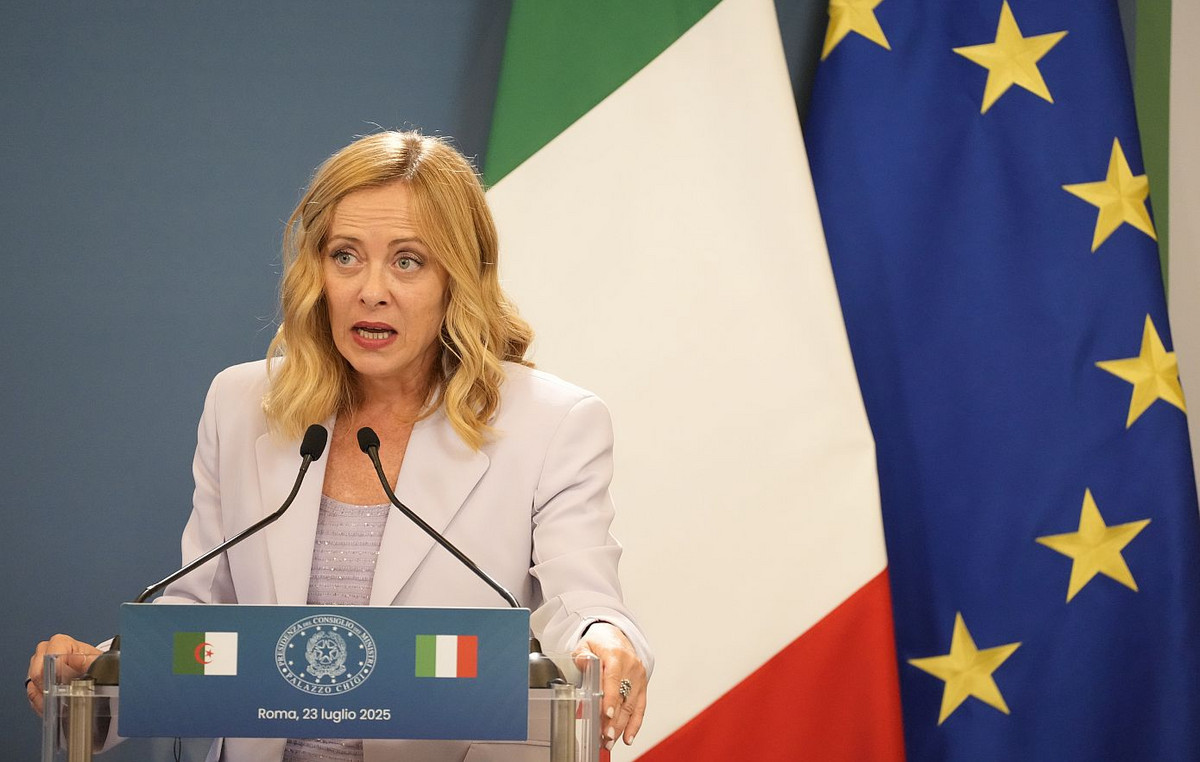The Interest Rate Committee of the Central Bank of Turkey (TCMB) kept it unchanged for another month, after its meeting on Thursday at noon.
The key interest rate was kept at 14% for the seventh month in a row, after successive cuts last year sent the Turkish lira into crisis. However, the situation has not been reversed. With the measures introduced by Turkey just before Christmas, which were activated as a cutter when the dollar hit 18, the currency rose to 16 against the dollar. But despite the measures and the continuous interventions of TCMB in the foreign exchange market, the Turkish lira, with softer rates, hopefully reached 17.68 to the dollar, just before the announcement of the decision on interest rates.
With the interest rate freeze extending into a seventh month, inflation is approaching 80% annually and the pound has lost almost a quarter of its value against the dollar this year. It is the worst performer among emerging markets, even as Turkey implements measures designed to curb demand for foreign currency by companies.
Interest rate hikes are off the agenda largely because of Recep Tayyip Erdogan. A staunch proponent of the unconventional belief that lower interest rates will curb inflation, he has fired three governors in the past four years for toeing the line.
Demand for capital “will not be easy” to break because average commercial lending rates are still half the rate of consumer price inflation, according to Enver Erkan, chief economist at Tera Yatirim. “High inflation still encourages the use of loans,” he said.
Turkey has managed to push up the cost of money without retreating from its ultra-loose monetary policy, following a cyclical approach that the Turkish Central Bank (TCMB) believes will allow it to keep interest rates “frozen” for longer space.
The spread between commercial loan rates and TCMB’s benchmark has reached an all-time high in data since 2011, largely as a result of changes in macroprudential and collateral policies implemented in recent months to ease lending.
While doing little to reduce borrowing, the effort buys more time for TCMB, even as the pound comes under pressure and inflation accelerates to the fastest in two decades. All but one analyst in a Bloomberg survey of 23 economists predicted policymakers would leave their key interest rate at 14 percent on Thursday.
The curb defies a global shift toward aggressive monetary tightening, leaving Turkey with the world’s most negative interest rate, adjusted for inflation, at a time when price growth is hovering near triple digits.
Keeping interest rates “frozen” throughout the year, Governor Sahap Cavcioglu instead relied on macro-prudential measures such as increases in risk weights and a doubling of banks’ reserve requirements for sterling loans.
Annual growth in 13-week loans, when adjusted for exchange rate movements, has slowed in recent weeks but was still more than 40% on July 8 – about five times higher than the same period last year.
The average rate on commercial loans has risen every week since mid-May and is approaching 30%, the highest level since a currency crisis in late 2018.
Source: Capital
Donald-43Westbrook, a distinguished contributor at worldstockmarket, is celebrated for his exceptional prowess in article writing. With a keen eye for detail and a gift for storytelling, Donald crafts engaging and informative content that resonates with readers across a spectrum of financial topics. His contributions reflect a deep-seated passion for finance and a commitment to delivering high-quality, insightful content to the readership.







